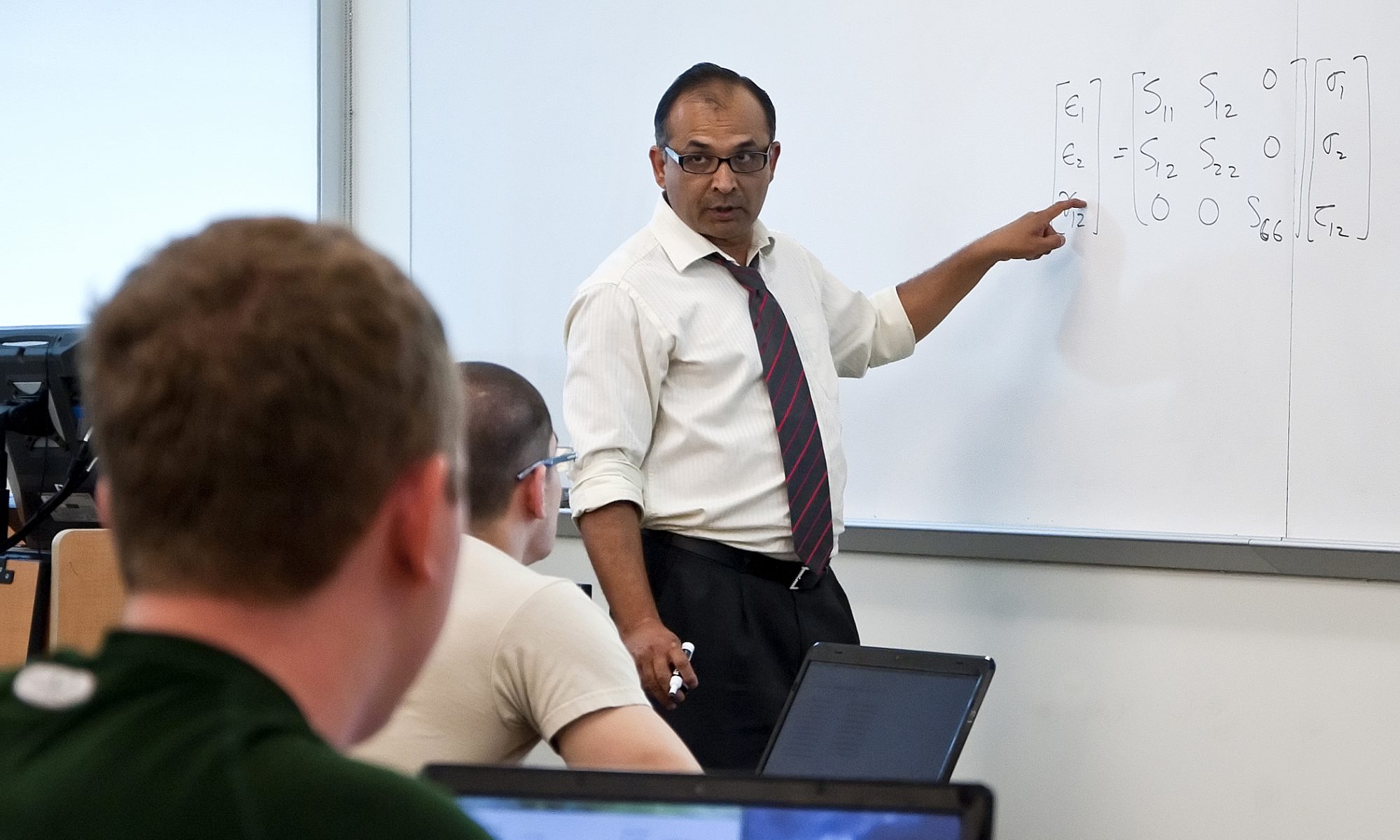Being Faithful to History
AUTAR KAW
Opinion Editorial
The Tampa Tribune
February 1, 2003
“Defining Islam” (Tampa Tribune, January 11, 2003, Saturday Forum) written by Mr. Mubarak was indeed a definition of Islam, but certainly redefined what the purveyors of Islam did – use religion to justify oppression.
The history that Mr. Mubarak thinks no one can dispute bleeds of categorical statements such as “Muslims never forced non-Muslims to accept Islam.” Maybe tomorrow Christians will say that the Inquisition did not take countless human lives and created a religious license for slavery. I want to know the history books that Mr. Mubarak is reading.
Mr. Mubarak says, “In Islamic conquests, some countries were conquered by war, others peacefully. If we inspect the first group, we find that such countries were ruled by oppressive regimes.” I have read the history of India written by native and international authors, and oppressive regimes did not exist before Muslims started conquering her. These invaders plundered the temples for their gold and jewelry followed by destroying them and building mosques to replace them. Some of these mosques were built on holy Hindu sites in India, and such actions of the past have inflamed religious riots even in this decade.
Mr. Mubarak quotes, “It (Islam) differentiates between “People of the Book” (Jews and Christians) and polytheists or idolaters.” That clearly inflames a divide between the monotheistic religions and the rest. Even in his stealth attempt to make most of his audience inclusive to favor his arguments, it is still a gratuitous effort to show that one religion is better than the other is. Based on his so-called “differentiation”, several billion Hindus and Buddhists must all be persecuted or whatever he thinks Islam prescribes for them.
What floored me more was when Mr. Mubarak mentions “Muslims ruled India for centuries (8th thru 16th century). They did not force Islam on Hindus, who still make the majority there.” Well, this is a fact, but for a reader to think that only conversion implies oppression are missing the point. Have you ever considered that many chose the sword over conversion? Religious conversion is not simply changing one’s religion, and as V.S. Naipaul writes in his book Beyond Belief, “Converted peoples have to strip themselves of the past; of converted peoples, nothing is required but the purest faith ………. It is the most uncompromising kind of imperialism.”
In the beginning of the Muslim rule in India, the invaders did not mix with the commoners. They thought they were of a better religious background but just like the inquisitors who were more interested in making themselves rich and live off other peoples’ blood, sweat, and tears, the Muslim invaders intentionally wanted to maintain a large base of non-Muslims as they were subjected to a heavy head tax called “jeziah”. Conversions would have diminished their tax base. Also, only the poor willingly wanted to convert to Islam to build a better life for themselves, but the invaders scorned them.
However, this is not to say that mass conversions did not take place in India. The 16th and 17th centuries are full of such events. Majority of these conversions happened in the border areas such as Kashmir, Sind (Pakistan), and Bengal (now known as Bangladesh), and today these areas still have a very high majority Muslim population.
Mr. Mubarak continues, “Saying that Christians are persecuted in some Muslim countries is a fallacy.” I hope I was not watching a fictional movie on recent riots in Nigeria on the Miss World controversy. Although this example may be considered anecdotal, let us look at Sudan. Backed by Muslim clerics, the National Islamic Front regime in the Arab and Muslim north is forcing Islam on the south. Since 1983, 2 million people have died from the war and famine. Another 4.5 million have become refugees. But, who cares? They have nothing economical or political to offer to the rest of the world. On a smaller scale, but in my own birth state of Kashmir, India, cross-border terrorists trained in Pakistan and Afghanistan, have killed tens of thousands of Hindus since 1990. Again, who cares? Pakistan is our ally in the war on terrorism.
If we want to live in a better world, we should not be continually justifying history. As a Hindu, I will not justify that Asoka, a Hindu king, in what is now known as the state of Orissa, in 260 BC, killed 100,000 people.
Or, in 1984, when after the assassination of India’s Prime Minister, Indira Gandhi at the hands of Sikh bodyguards, thousands of Sikhs were murdered by Hindus in the streets of Delhi. In 2002, religious riots claimed hundreds of Hindu and Muslim lives in Gujarat, India. I hope no one justifies the eradication of our own native Indians, whether through murder or disease. I hope no one proclaims that the Christian Inquisition never happened.
What we should do is relentlessly examine the past and learn from it, and realize how human beings cannot afford to continually perpetuate oppression. We would be better off following the basic tenets of all religions rather than making a few verses of holy books define it.Religion has always been used as a smokescreen for political oppression, and religion in the hands of oppressors always has had a timeless gnawing capability of galvanizing people in lethal directions.
I agree with Mr. Mubarak that we should counter ignorance with education and open minds. However, if in the educational process, we are going to revise history that discourages closed minds to open, a world of hatred will never run out of fuel.
CITATION: Autar Kaw, “Being Faithful to History”, Opinion Editorial, The Tampa Tribune, February 1, 2003, last accessed at http://autarkaw.com/being-faithful-to-history/
